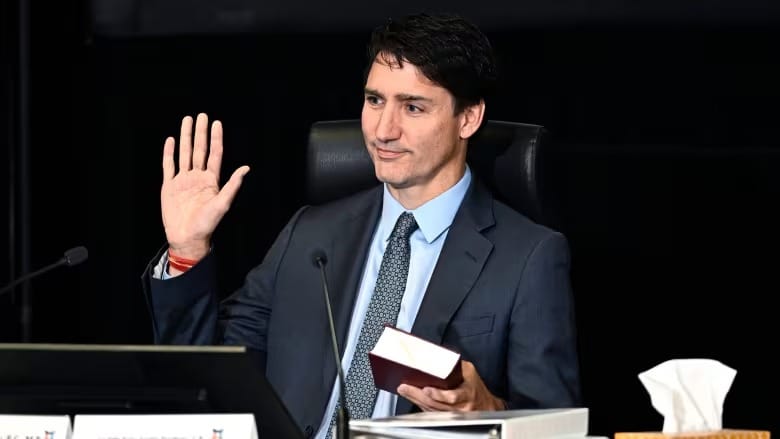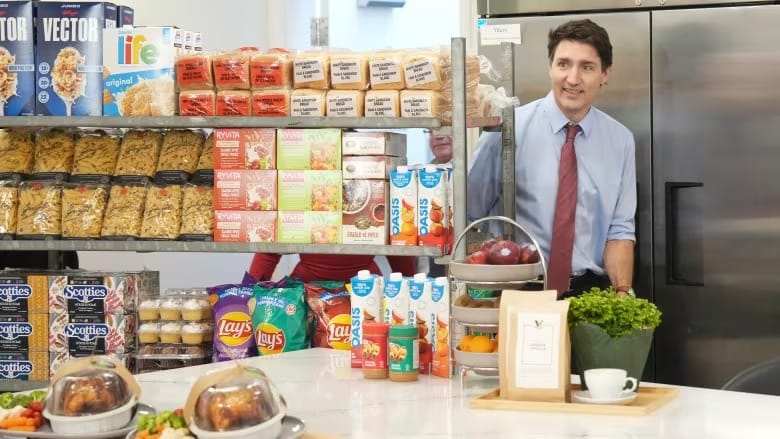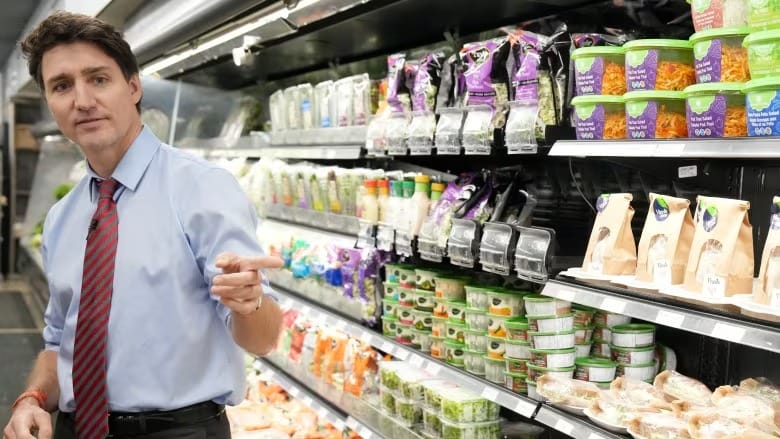Why won't Trudeau release classified names — and why won't Poilievre get a security clearance?
Trudeau told public inquiry that some Conservative politicians are involved in foreign interference

Prime Minister Justin Trudeau shifted the focus of a public inquiry into foreign interference on Wednesday by launching a pointed attack on Conservative Leader Pierre Poilievre.
"I'm getting a little more partisan than I intended, but it is so egregious to me that the leader of the Official Opposition, who is clearly trying hard to become prime minister, is choosing to play partisan games with foreign interference," Trudeau said during his testimony.
The prime minister criticized Poilievre for refusing to obtain a security clearance that would allow him to be briefed on classified information related to potential foreign interference involving his party and its members.
In response, Poilievre issued a lengthy statement accusing Trudeau of lying under oath and called on him to publicly disclose the names of any allegedly compromised politicians.
Trudeau’s Remarks
During the inquiry, Trudeau revealed that he had been shown names of Conservative parliamentarians who are "engaged, or at high risk of, or for whom there is clear intelligence around foreign interference." He said he instructed CSIS to share that information with Poilievre but explained that the agency could not do so without Poilievre first obtaining the required security clearance.
"The decision of the leader of the Conservative Party to not receive the necessary clearance to get those names and protect the integrity of his party is bewildering to me and entirely lacks common sense," Trudeau said.
Trudeau also acknowledged under cross-examination that members from other parties, including his own, had been identified as vulnerable to foreign interference.
Reactions and Analysis
Wesley Wark, a national security expert with the Centre for International Governance Innovation, told CBC News that Trudeau’s testimony might have overstated the issue.
"Prime Minister Trudeau made this sound a bit more sensational than it was," Wark said, referring to a June report by the National Security and Intelligence Committee of Parliamentarians (NSICOP). That report suggested some parliamentarians had been “semi-witting or witting participants” in foreign interference activities.
However, CSIS officials testifying at the inquiry questioned some aspects of the NSICOP report. One CSIS official, in a closed-door interview, specifically challenged the use of the term "witting."
Wark noted that the extent of any potential compromise is unclear and said some parliamentarians might not even be aware they are being manipulated. "We’re talking about people who are being lured into the embrace of foreign threat actors in ways they may not fully appreciate," he said, explaining that foreign agents often aim to "groom" politicians.
Partisan Criticism
Former CSIS directors Richard Fadden and Ward Elcock criticized Trudeau's partisan tone during his testimony. Speaking on *Power & Politics*, Fadden said, "He lapsed into really extreme partisanship when he made this accusation, and he framed it in a way that was certain to enrage the Conservative leader. I think that was his objective—and it worked."
However, Fadden questioned whether Trudeau’s comments benefited the inquiry or national security efforts. "Did it advance the cause of national security? Did it help the inquiry or the commissioners' work? I’m not so sure," he added.





